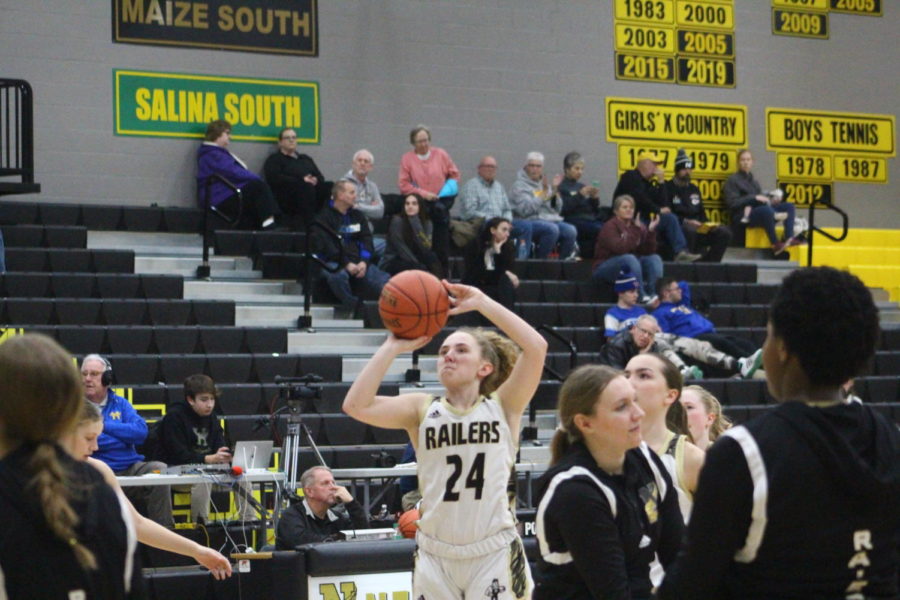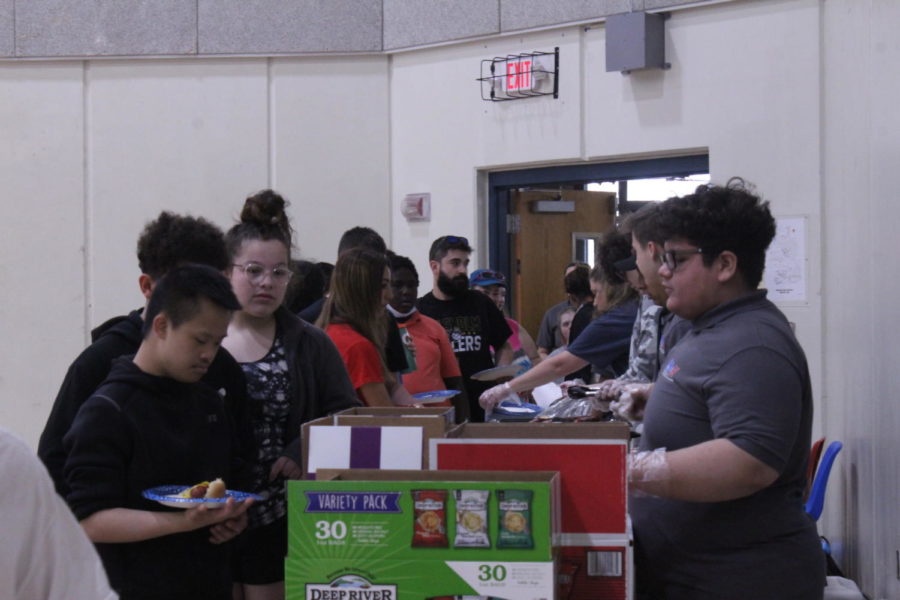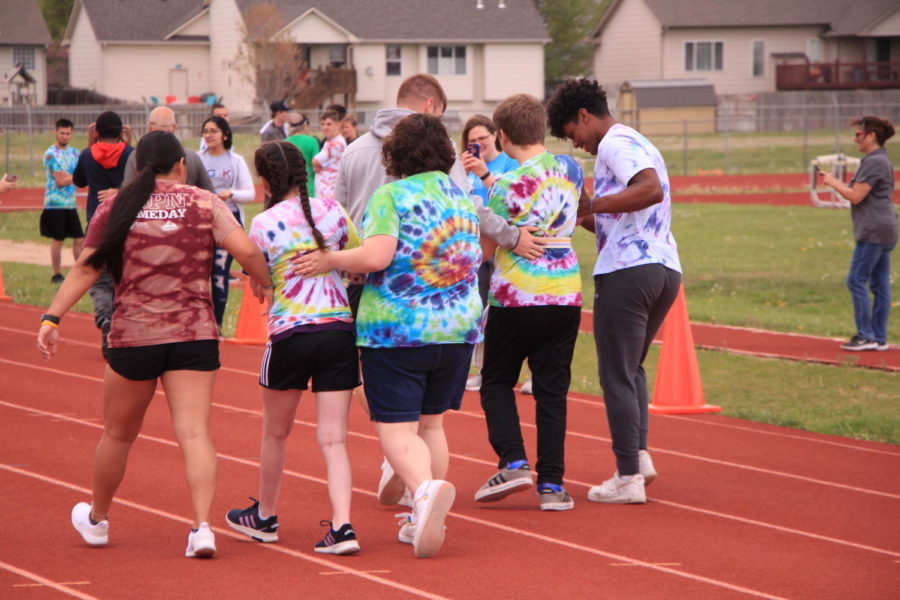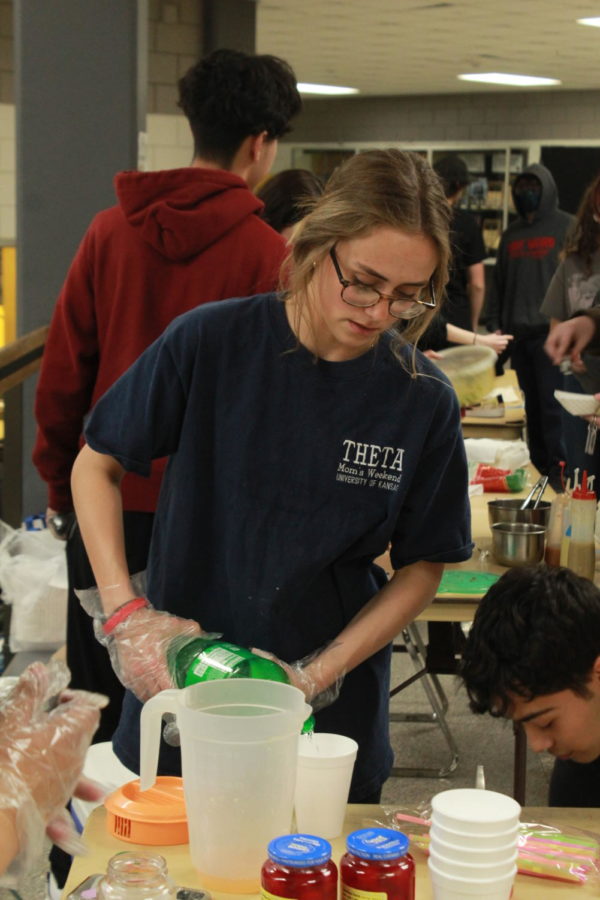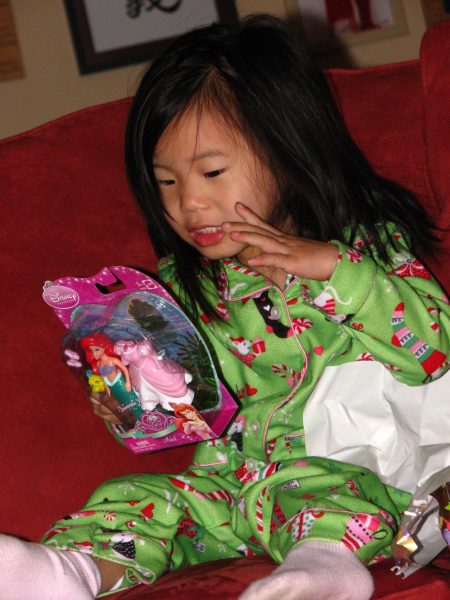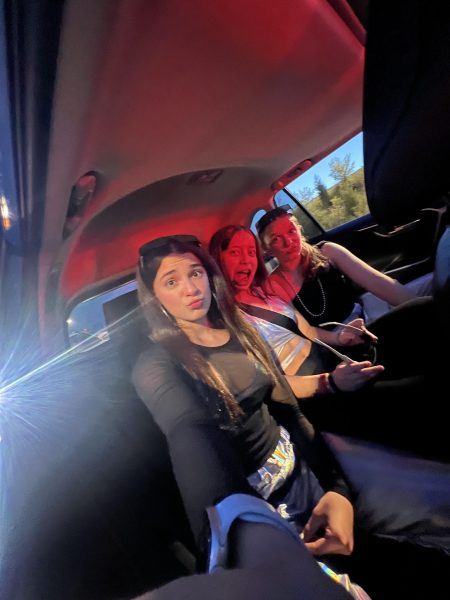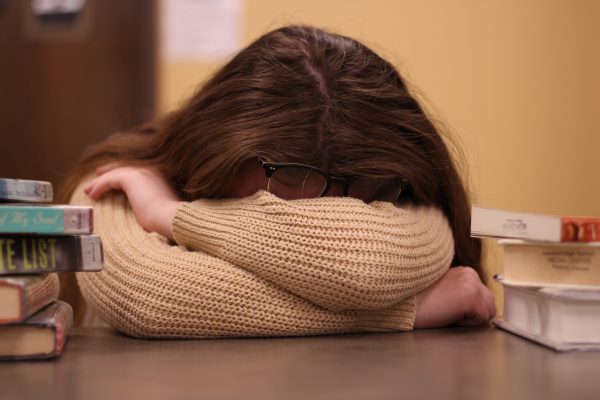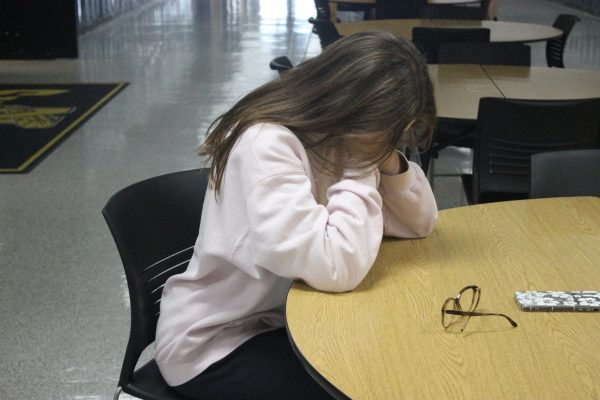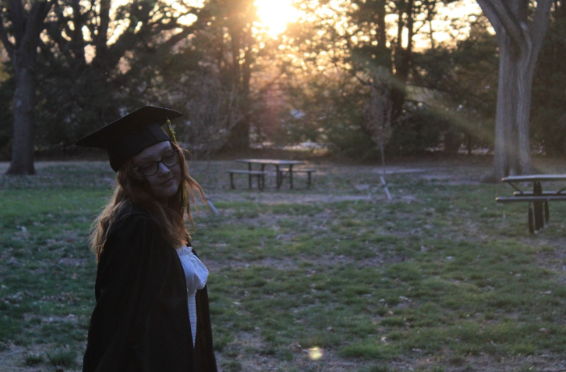Opinion: Toxic relationships impact high school students
April 10, 2022
Being surrounded by peers all day, it is no surprise that teenagers are falling in and out of relationships. Parents tend to brush off their teenagers’ relationships, believing that they are not real or cannot last due to the usual low maturity level of high school students. However, relationships between teenagers can get serious very fast and at times, even toxic.
While the larger red flags such as cheating or abuse are easy to point out in relationships, it is usually the miniscule signs that are overlooked in relationships of all ages. Healthline points out that red flags in relationships can be listed as; toxic communication, envy or heavy jealousy, controlling behaviors, ignoring needs, lack of self-care, etc. Nowadays, television depicts almost only negative relationships, such as Maddy Perez and Nate Jacobs in “Euphoria”, Elena Gilbert and Salvatore in “The Vampire Diaries” and Allie Hamilton and Noah in “The Notebook.” While we can applaud a few shows for showing how to leave those toxic relationships, for the most part these negative relationships end up happily-ever-after.
By being constantly surrounded by these toxic relationships in TV shows and movies, it is safe to say that teenagers see these TV personas as an inspiration in their own relationships. According to The Harbringer, “The idea presented in these TV shows-that girls can change a bad boy into a ‘good guy’-leaves girls chasing their own bad boys who they hope will change for the better,” writer Sydney Newton said. “The cliche rude-guy-changes-for-a-girl shown in almost every popular TV show is something that’s become praised-and that’s the problem.”
Oftentimes, parents have trouble setting boundaries with their children in their relationships. While it is easy for a parent to say, “you are too young for a serious relationship” or restrict a teenager from hanging out with their significant other, truly the only job a parent can take in their child’s relationship is to help them set healthy boundaries and take notice if their child is showing signs of being in a toxic relationship.
According to Grown and Flown, 1.5 million teens a year will experience toxic or abusive relationships. For the most part, leaving a toxic relationship is just as hard as being in one. This is due to fear of being alone, difficulty confronting and setting boundaries and making negative conclusions about yourself and what you deserve, according to Embracing You Therapy.
While it is difficult, tools for leaving a toxic relationship are all around. They come in forms of guidance counseling at school, domestic abuse hotlines, personal therapy or even talking to one’s family or friends. However, reaching out is not always enough. Finding the strength within oneself to combat those scary feelings of being alone are crucial to ending toxic relationships. Truthfully, they are the only people who can release themselves from the unhealthy relationship completely. According to TalkSpace, “Know that letting go of a toxic relationship is not only a courageous step to take, but it’s one that benefits your own wellbeing so you can find something healthier and more fulfilling in the future,” writer Renee Fabian said.



